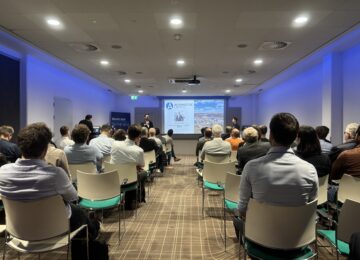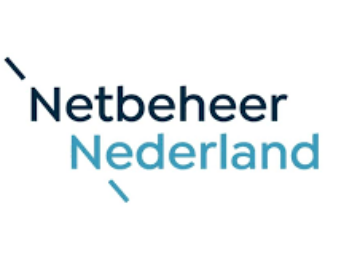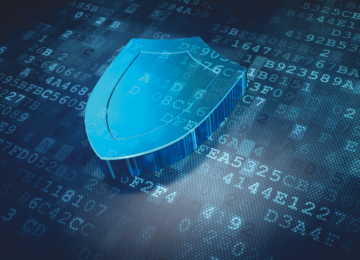ESNL and Netbeheer Nederland remind Lower House of role of batteries in off-take congestion
Next Wednesday the debate 'Grid Congestion and Energy Infrastructure' will take place in the Dutch Parliament. Energy Storage NL has sent a letter to the Lower House for this purpose to clarify the role of energy storage for grid congestion and future energy infrastructure. An important point from the letter is to clarify the role of batteries in off-take congestion. This point will be introduced jointly with Netbeheer Nederland.
Role of batteries in decline congestion
In recent parliamentary questions by MP Grinwis, Minister Sophie Hermans stated that she does not see a role for batteries in off-take congestion, referring to the conclusions of the CE Delft study "Policy for large-scale battery systems and off-take congestion". Because of rapid changes in battery technology, Energy Storage NL and Netbeheer Nederland believe further research is needed into the role batteries can play in off-take congestion. Since both parties do expect batteries to play a role. Further research is therefore needed on three points from the CE-Delft report.
- Reliability: CE Delft concludes that the promotion of batteries is not a reliable measure because the average grid congestion duration exceeds 8 hours, while batteries at maximum power can relieve "only" 4 hours of off-take congestion. This is true, so batteries may not be the solution, but one of the solutions to relieve off-take congestion, especially in regions where average grid congestion duration is lower.
- Affordability: CE Delft concluded that battery storage is too expensive a measure to reduce off-take congestion. However, we see that battery price is falling extremely. Over the past year, this price has halved, making batteries indeed a cost-effective measure, especially considering the financial collateral damage to companies that would otherwise be unable to produce or further sustainability.
- Scalability and feasibility: CE Delft concludes in the study that batteries are not readily achievable, but with the entry of social prioritization and with it the prioritization of 'batteries' as congestion relievers in the queue, it is actually becoming possible - under the right conditions - to accelerate the deployment of batteries.
Energy Storage NL and Netbeheer Nederland therefore jointly call for additional research into the situations in which batteries can solve off-take congestion. Depending on the results, the policy of batteries in off-take congestion can be reviewed and it can be determined how batteries can be stimulated in these situations. This action can become part of the National Grid Congestion Action Program (LAN).
Facilitate heat storage and develop flex target
Other points ESNL raises in the letter are about facilitating heat storage and developing a flex target.
For example, Energy Storage NL together with Invest-NL and research firm Kalavasta recently delivered a study on the benefits of heat storage in heat networks. An important conclusion is that a heat network that uses a heat pump in combination with peak boilers and/or heat storage requires significantly less peak capacity than a residential area consisting entirely of individual heat pumps (all-electric). To harness this potential and thereby reduce grid congestion issues, ESNL asks, among other things, that heat storage developers be allowed to claim funds from the 'Heat Networks Guarantee Fund'
ESNL sees the development of a flex target as essential to give direction from the national government to companies, citizens and agencies to provide the desired certainty to invest in energy storage. Meanwhile, the European Commission is also asking individual member states to identify flexibility needs. Hence, ESNL asks the Chamber to adopt the European Commission's recommendations on energy storage by mapping flexibility needs in detail and linking them to a concrete timeframe for implementation.





